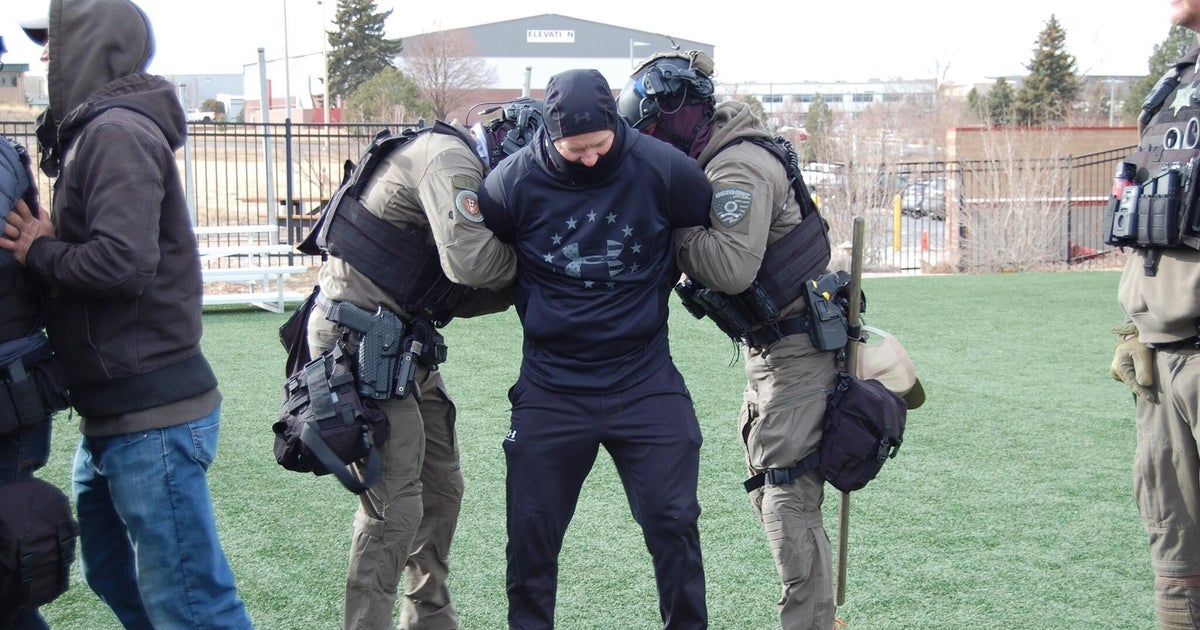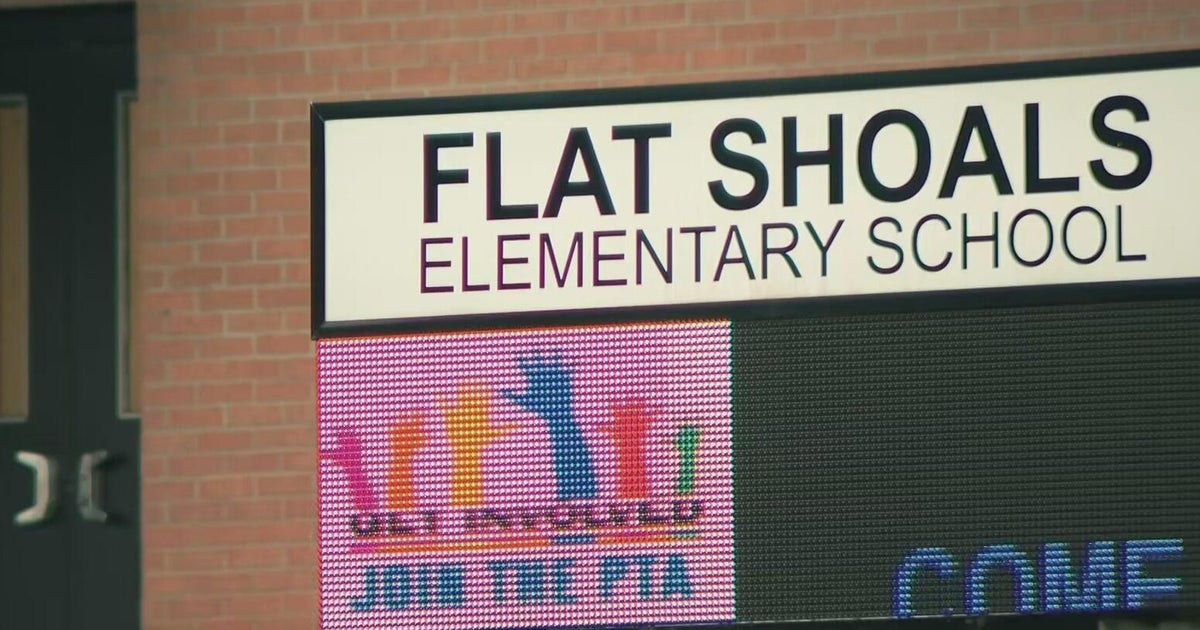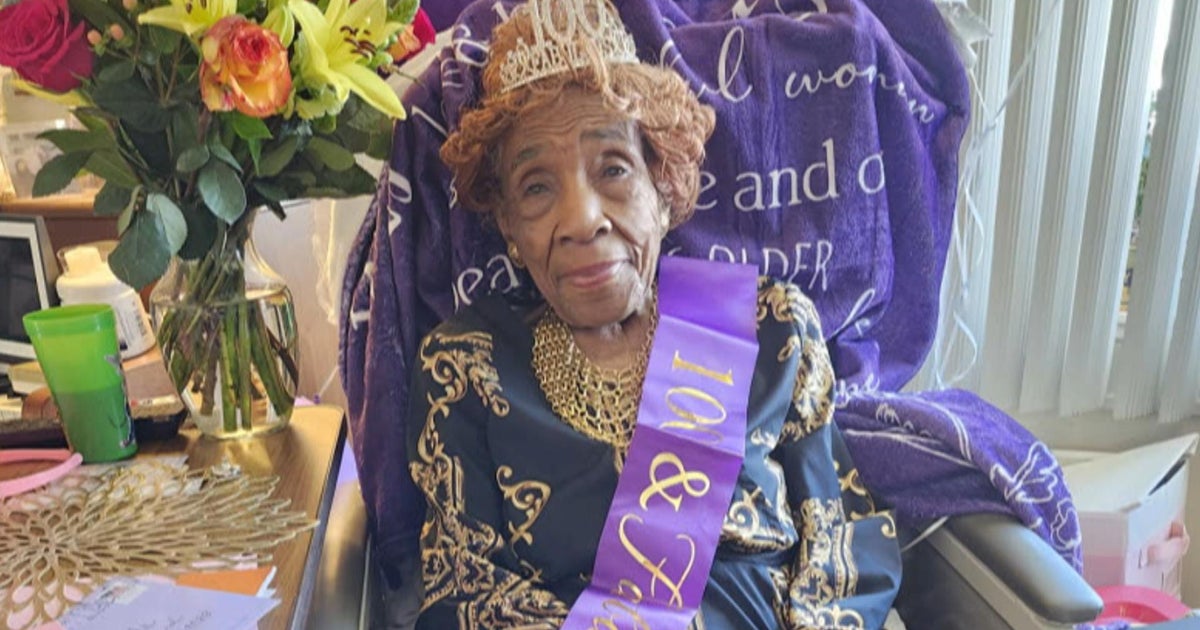Rabbi: Jewish Law Provides Room For Debate To Protect Life In The Womb And The Mother's Health
MIAMI (CBSMiami) - The Jewish discussion on abortion does not center around pro-life or pro-choice. Instead, Judaism focuses on the mother's right to protect herself from harm.
Within the faith, there's disagreement on what constitutes a threat to the mother's life during pregnancy.
"Until the 40th day after conception, they define the fetus as mere water," said Rabbi Rachel Greengrass of Temple Beth Am.
She references the Talmud, a primary text for Jewish Law.
"The mitzvah of be fruitful and multiple only falls on the man," said Greengrass.
"Because you can't be required to do something that puts your life in danger."
In my conversation with Rabbi Lyle Rothman at the University of Miami Hillel, he explained how Jewish faith leaders approach religious law text.
"The wonderful thing about the debate in the Talmud, is that there is debate in the Talmud," said Rothman.
"It's very easy to say this is a black and white issue. We're pro-choice or pro-life. We're not."
Even on the most conservative spectrum, Judaism allows protection for the mother, especially in the first 40 days of pregnancy.
"Only in those severe, very serious mitigating circumstances," said Orthodox Rabbi Avrohom Brashevitzky, who leads the Chabad of Doral.
He shares how Torah provides wisdom in this discussion.
"Very much for the sanctity of life," said Rabbi B.
Rabbi B outlines God says the most sacred thing is to do everything to sustain life.
But, the Torah calls for a mother to protect herself.
"According to Torah law, it's no different than someone holding a gun to you, where you not only have the right to defend yourself but an obligation to defend yourself," Rabbi B added.
Short of clear, imminent danger, what constitutes a threat to the mother varies.
Another debate in Jewish law is what to do if the fetus has severe life-threatening abnormalities.
"Then there would be a consideration, perhaps, if it's prior to the 40 days," said Rabbi B.
Rabbi Greengrass shares a couple's story at the Temple, choosing to end a pregnancy 12 weeks in.
"Embryo was carrying Tay-Sachs," mentioned Greengrass.
"If the child was born would have a short and painful existence and die at a very young age."
There's also rabbinic support even if the woman's life is not at risk, including mental health.
"It's health care, which means both physical and mental," said Greengrass.
"The living has precedence over the potential."
When it comes to Jewish text, there's one universal truth.
"To save a life is to the save the entire world," said Rothman.
Rabbi B shared this with me.
He said Jewish law does not give the green light for abortions but instead provides room for debate to protect life in the womb and the mother's health.







